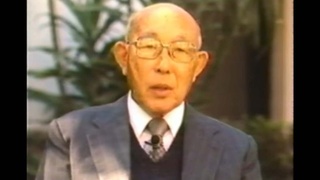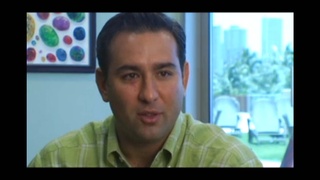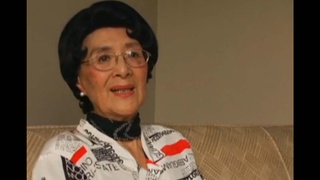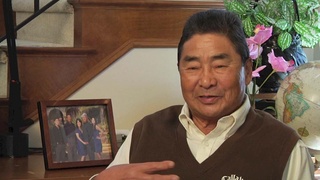Interviews
Learning skills by watching others work (Japanese)
(Japanese) Replacing the bottoms of bacias (basins)—do you know bacias? Well, I replaced the bottom of it, but [in the beginning] I’ve never seen it done before. So then this black lady brought this huge, huge basin, and tells me to replace its bottom. It’s old, so I cut it, and used lead to solder it [the new bottom] on. Then the next day, a guy came to me all angry, saying, “The bottom fell out of the one you fixed, and I caught a cold because of it!” So I said OK, I’ll fix it again. This time I went to the local tinsmith, and glanced over at how he was doing things. Then I saw that he was incasing it, bending it over here, over there and everything. So I thought OK, I can do that, no problem. So I did it that way, and I learned it. Just like that, I learned how to do jobs without any prior knowledge or experience. I was able to gain those skills, one way or another.
Date:
Location: Brazil
Contributed by: Caminho da memória - 遥かなるみちのり. São Paulo, Brazil: Comissão de Elaboração da História dos 80 Anos de Imigração Japonesa no Brasil, 1998. VHS.






